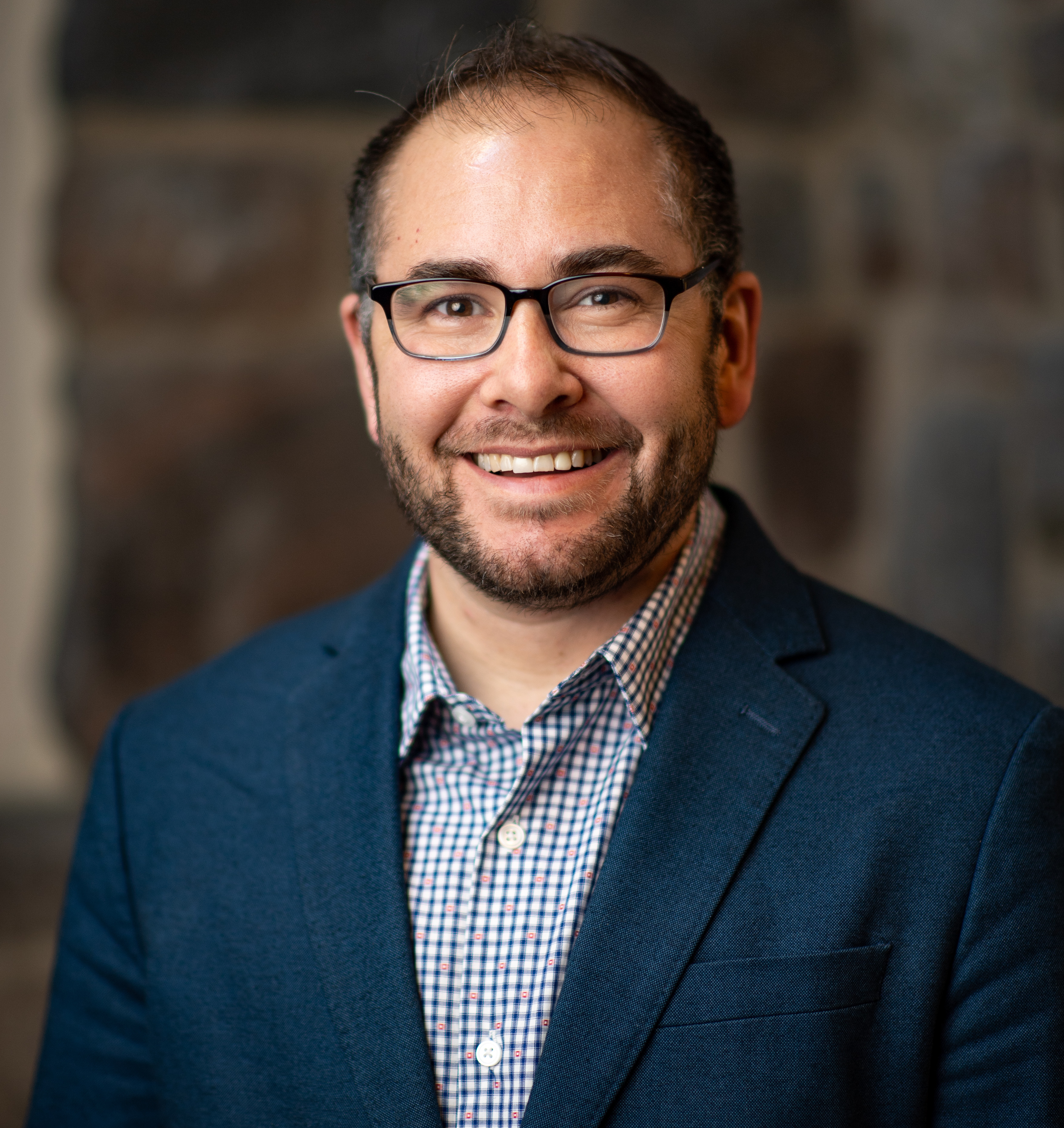
Trans Technologies
Speaker: Oliver Haimson, Ph.D., University of Michigan School of Information
Date: 2024-1-25 12:30 pm
Location:
Hodges Room @ Centergy
75 Fifth St NW, 3rd floor
Atlanta, GA 30332
ABSTRACT
My forthcoming book Trans Technologies (MIT Press, 2025) examines the world of trans technologies: apps, health resources, games, art, AR/VR, and other types of technology designed to help address some of the challenges transgender people face in the world. My research team and I conducted in-depth interviews with more than 100 creators of existing trans technologies to understand the current landscape, highlight areas for future innovation, and build theory via community input around what it means for a technology to be a trans technology. This work illuminates the people who create trans technologies, the design processes that brought these technologies to life, and the ways trans people often rely on community and their own technological skills to meet their most basic needs and challenges. I will discuss how trans technology design processes are often deeply personal, and focus on the technology creator’s own needs and desires. Thus, trans technology design can be empowering because technology creators have agency to create tools they need to navigate the world. However, in some cases when trans communities are not involved in design processes, this can lead to overly individualistic design that speaks primarily to more privileged trans people’s needs. Further, I will discuss some of my research group’s ongoing participatory design work designing trans technologies.
BIO
Dr. Oliver Haimson is an Assistant Professor at University of Michigan School of Information and a recipient of a National Science Foundation CAREER award. He conducts social computing research focused on envisioning and designing trans technologies, social media content moderation and marginalized populations, and changing identities on social media during life transitions. Much of his research has focused on transgender identities and experiences online and with social technologies, and his research goal is to impact technological inclusion of marginalized users.




